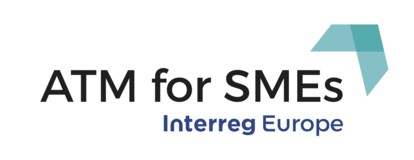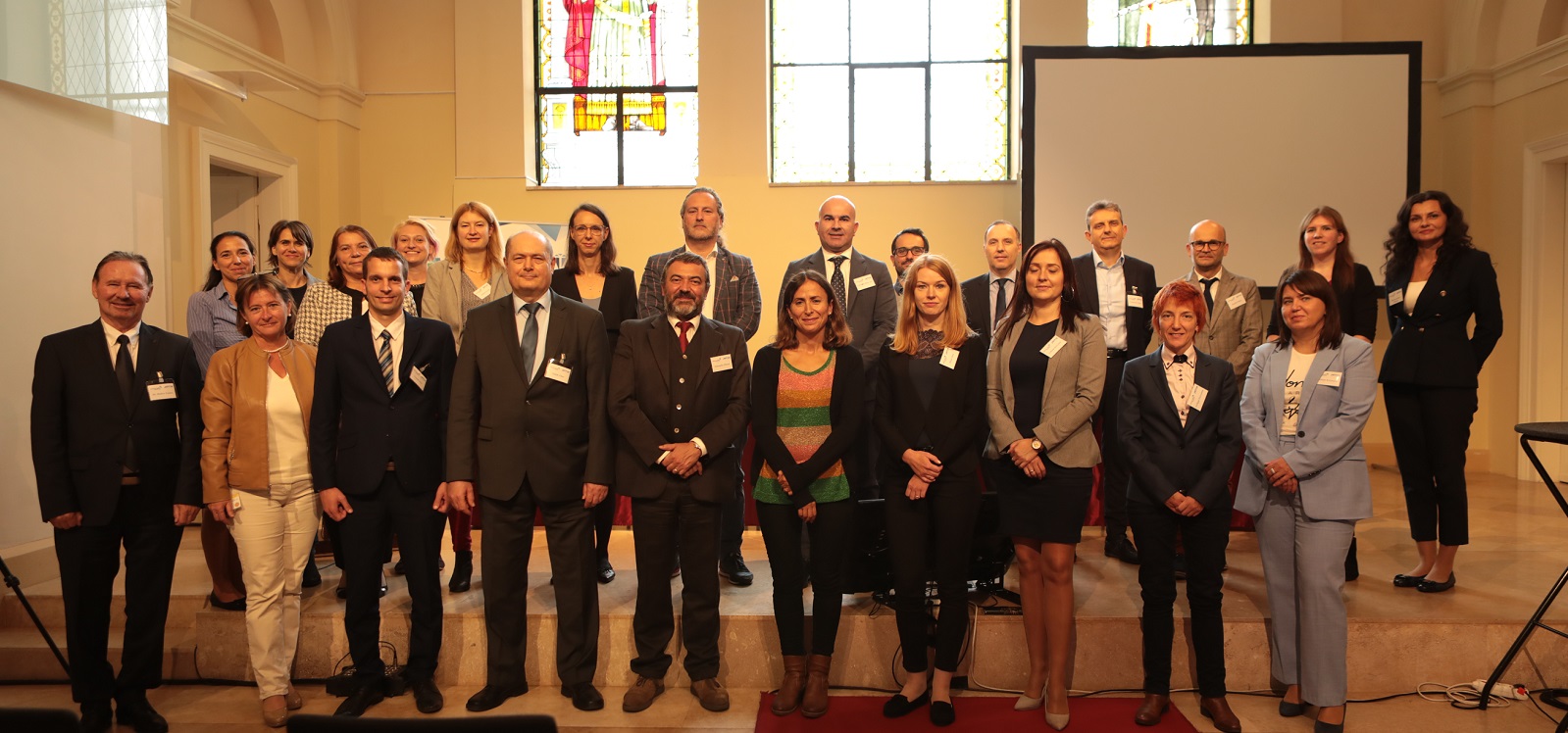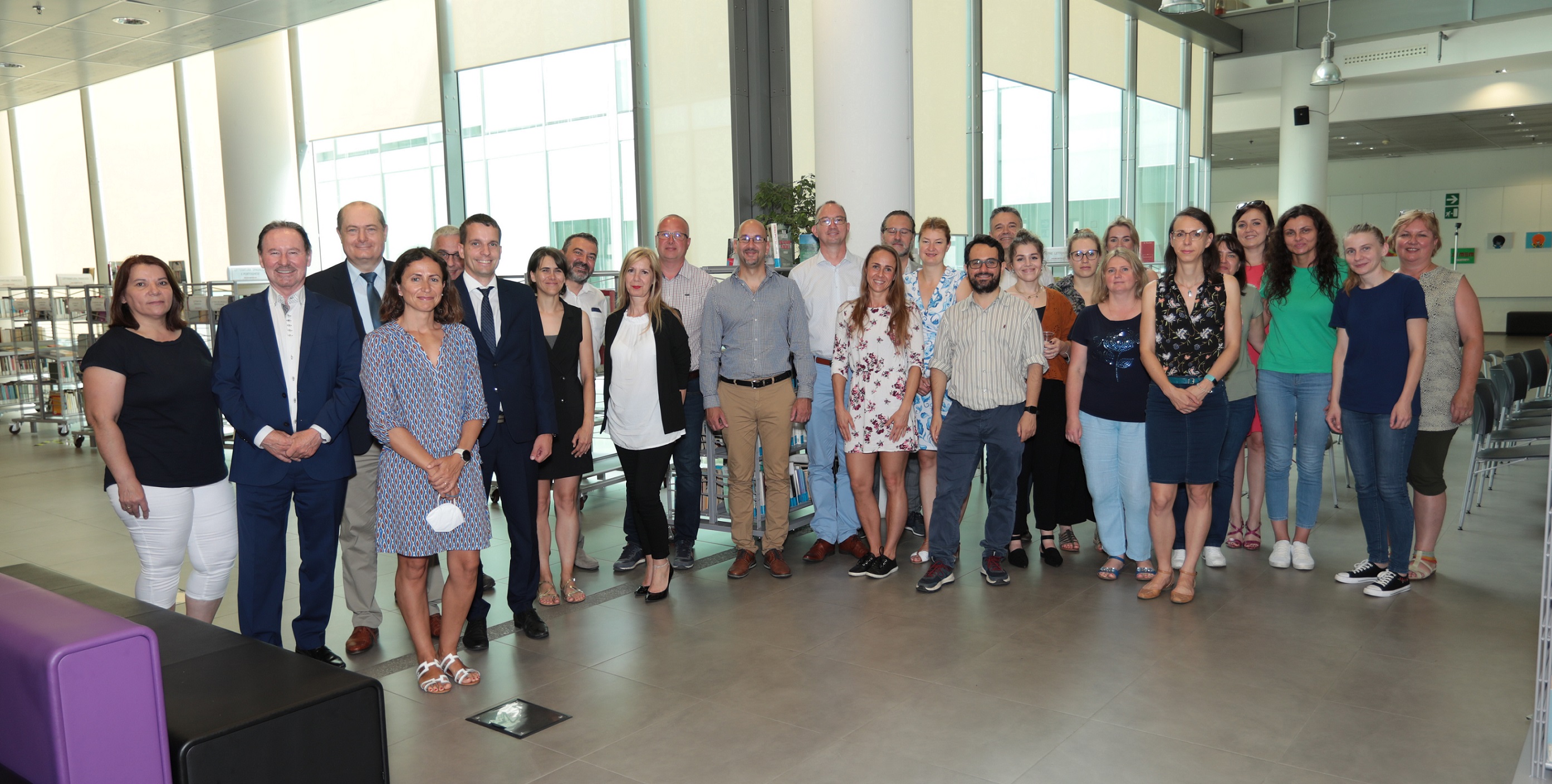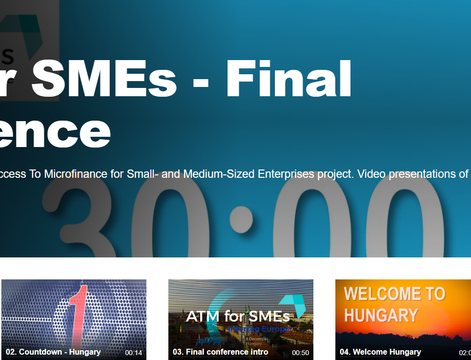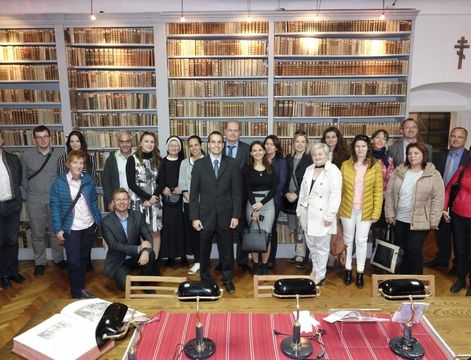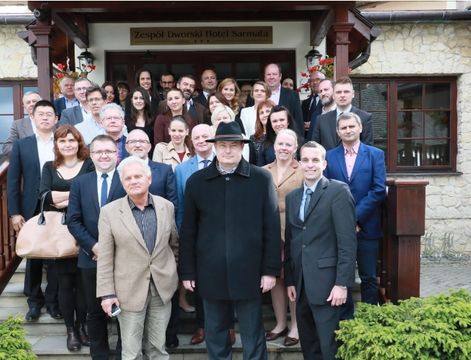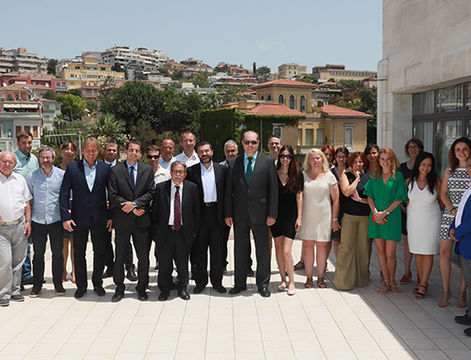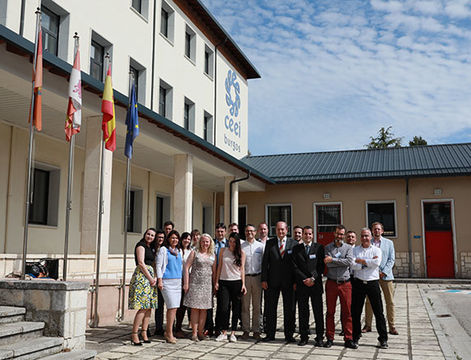Dr. Matthias Schulze Böing, Head of the City of Offenbach’s Department for Employment, Statistics and Integration presented Offenbach’s long-term strategy, Masterplan Offenbach, for business promotion, access to (micro-) finance, promotion of entrepreneurs and start-ups, local small businesses and social economy. Offenbach is a city undergoing a transition from an industrial city to smart manufacturing and services. Its main purpose is to create employment opportunities and address the difficult housing situation in the region. The Masterpaln Offenbach was developed with active participation of the general public.
In comparison to its neighbouring cities Offenbach’s policy of entrepreneurship support and innovative ways of addressing social issuers lead to a high number of business creation and employment. This long-term strategy enables the city to engage partners from diverse backgrounds to work on developing Offenbach’s future jointly.
Masterplan Offenbach’s results:
1. Improve the quality of and interlink open spaces
2. Improvement of down town districts
3. Repositioning of Kaiserlei-area
4. Creation of „Design-Port“
5. Creation of an „Innovation Campus“
6. New focus on eastern districts of the city
7. Improving connectedness of the city
8. New areas for urban development
9. District- and neighbourhood development
10. Marketing of areas for (business) development
The ATM’s project partners presented best practice from their countries regarding micro-finance schemes and addressing entrepreneurial needs for access to finance.
• Hungarian Ministry for National Economy, Hungary: Application and selection procedures of the combined scheme in Economic Development Operational Programme
• Świętokrzyskie Region: The Staropolski Equity Fund (Staropolska Chamber of Industry and Commerce, PL) Support of SMEs by Bank Zachodni WBK, PL
• PORA, Croatia: Microcredit program by HAMAG BICRO
• DMI, Germany: Public entrepreneurship support schemes and access to (micro-) finance
• FEA, Lead Partner : IBM Restarting Microcredit, Székesfehérvár Credit Scheme
• KIZ SINNOVA: Ostpol°-Micro Loan; a local micro-loan programme for small businesses in underserved/underdeveloped districts.
• ZMVA, Hungary: Sustainability of entrepreneurial microfinance programs of non-profit microfinance institutions.
• CEEI-Burgos, Spain: SODEBUR (Burgos Province Development Society) micro credits facility.
The project partners discussed the different models in terms of design, purpose, outreach to specific target groups, efficiency and sustainability. In order to make use of the information presented the small working groups were formed and the different aspects of sustainable and efficient micro-finance programmes were analysed using the business model canvas .
The second Steering Group meeting was held in the framework of the 1st Study Trip of the project.
